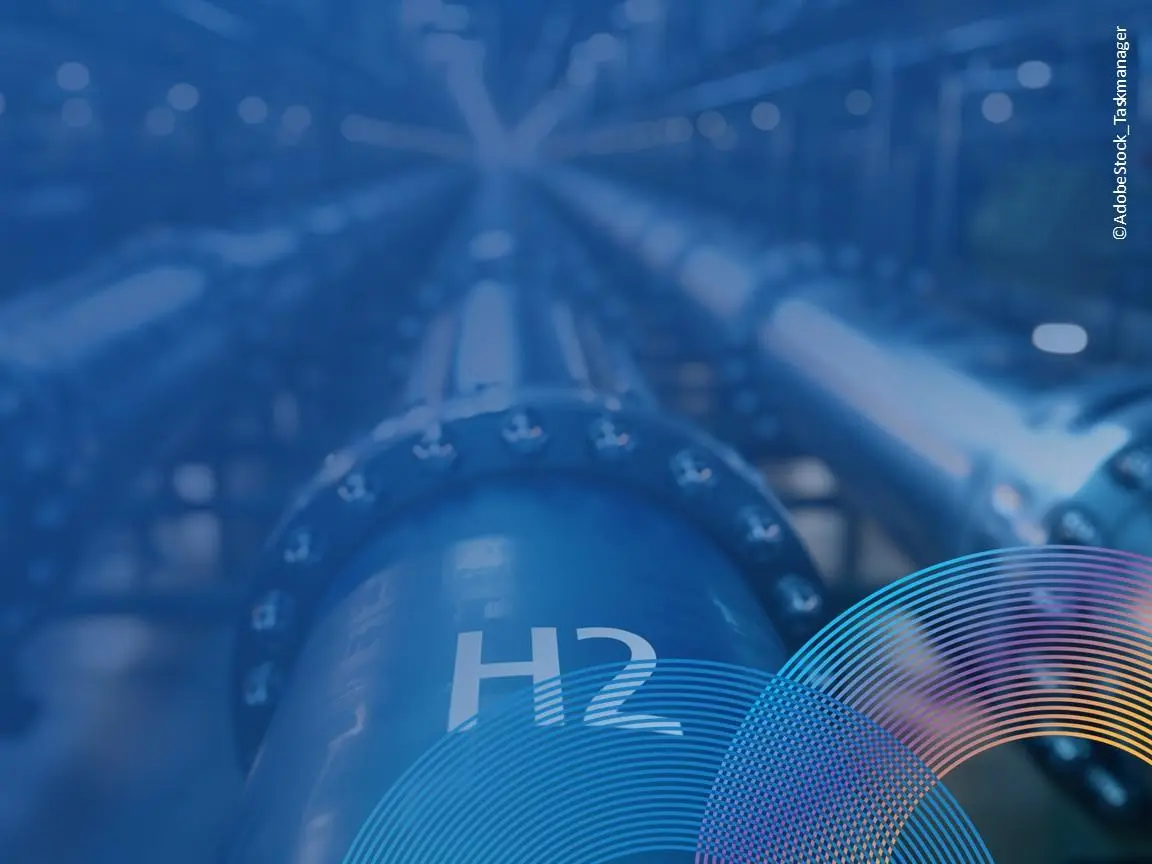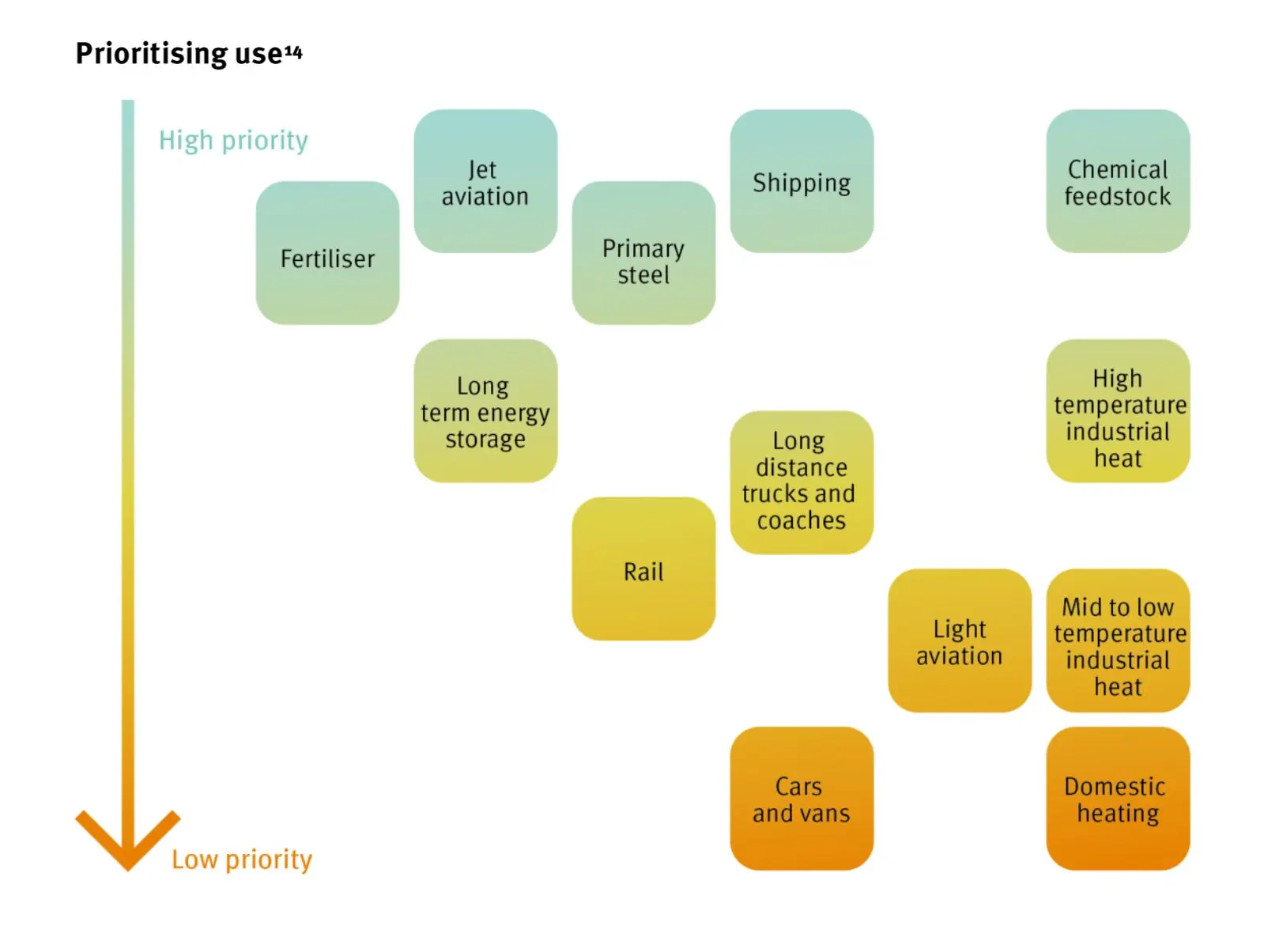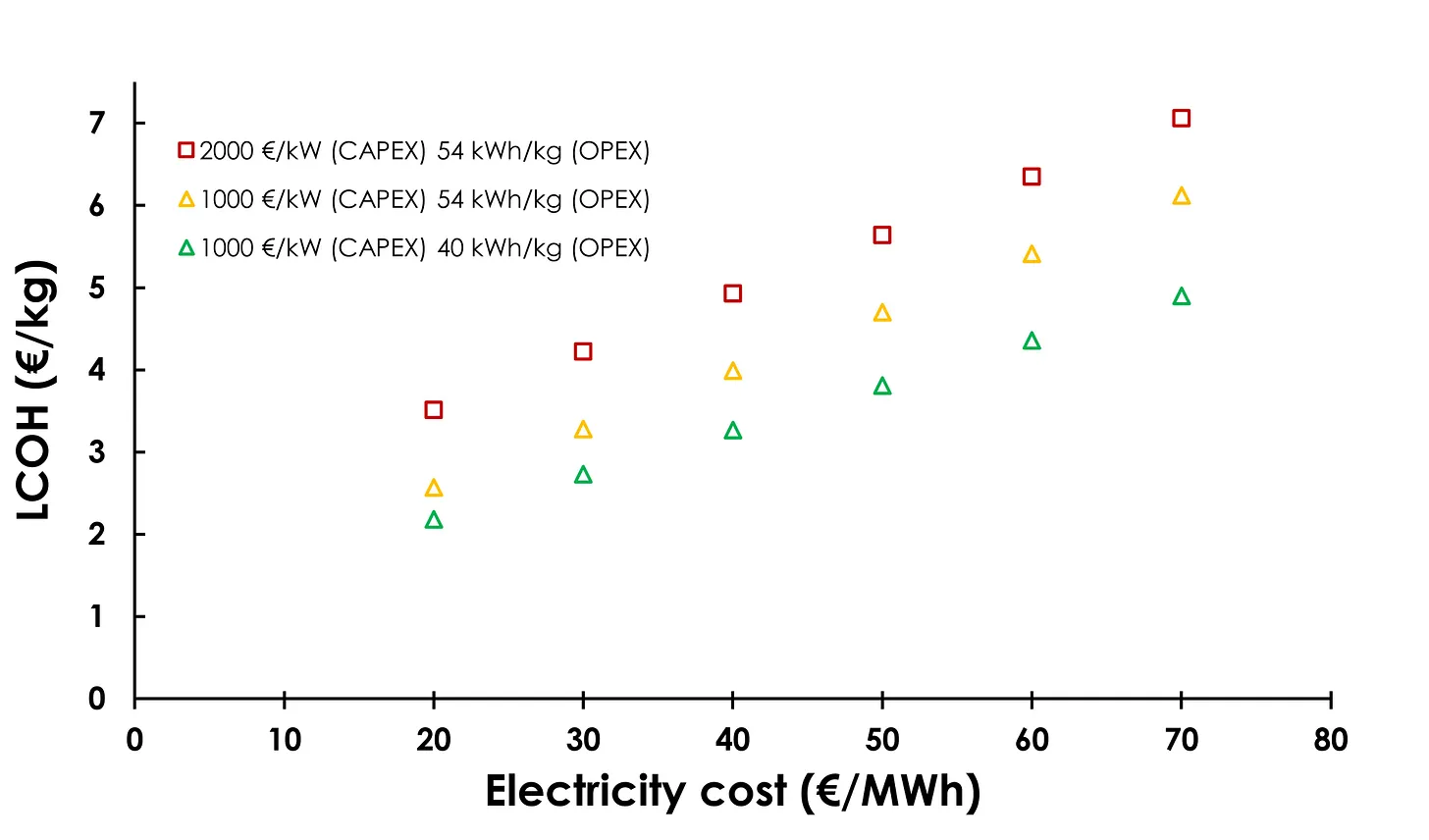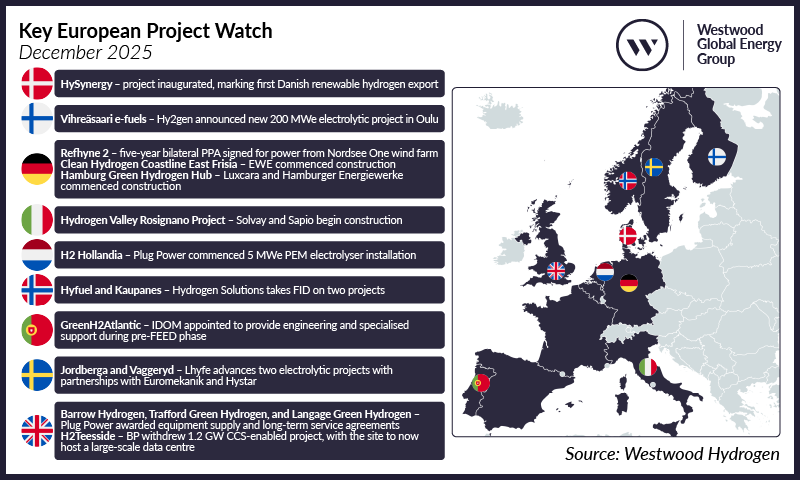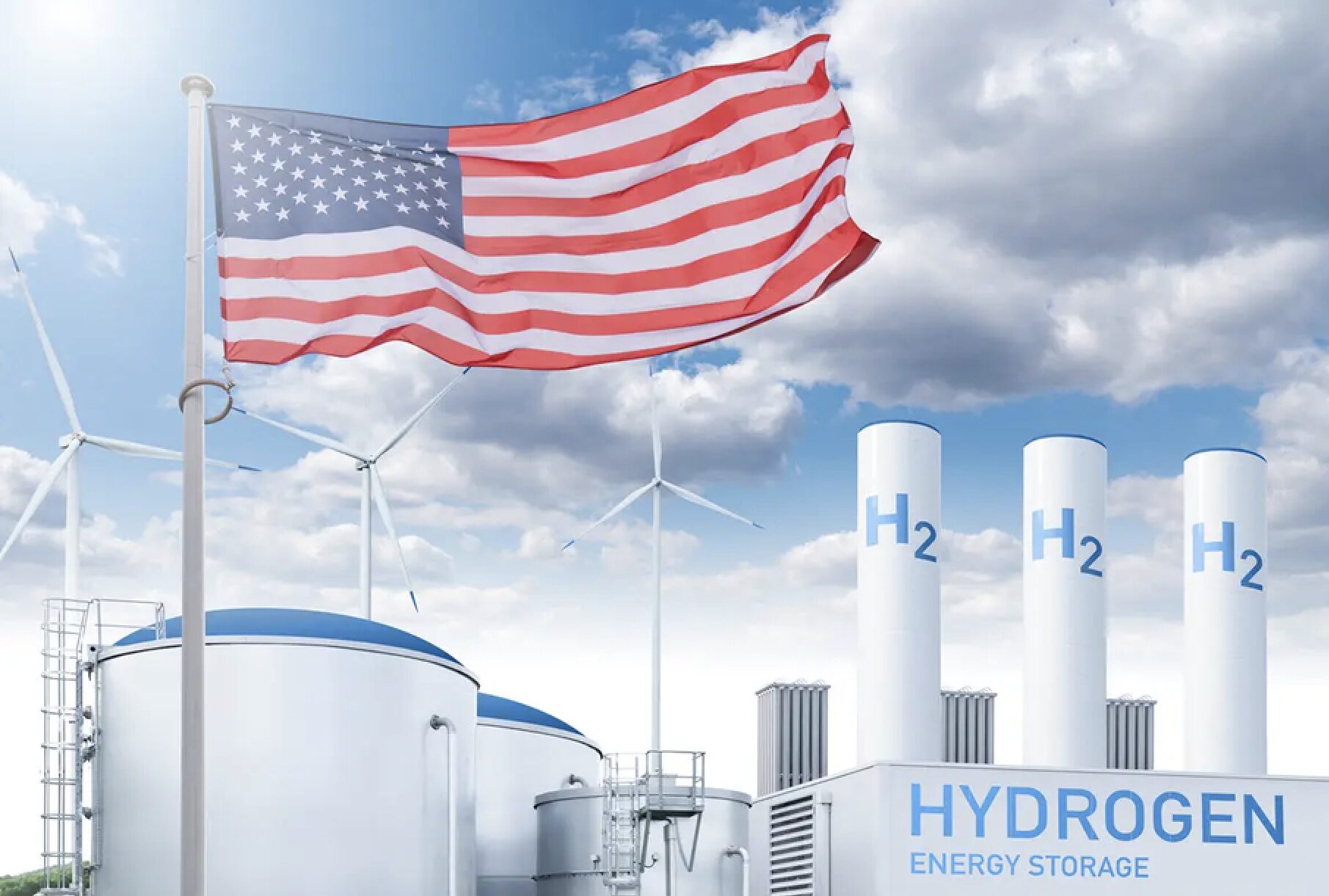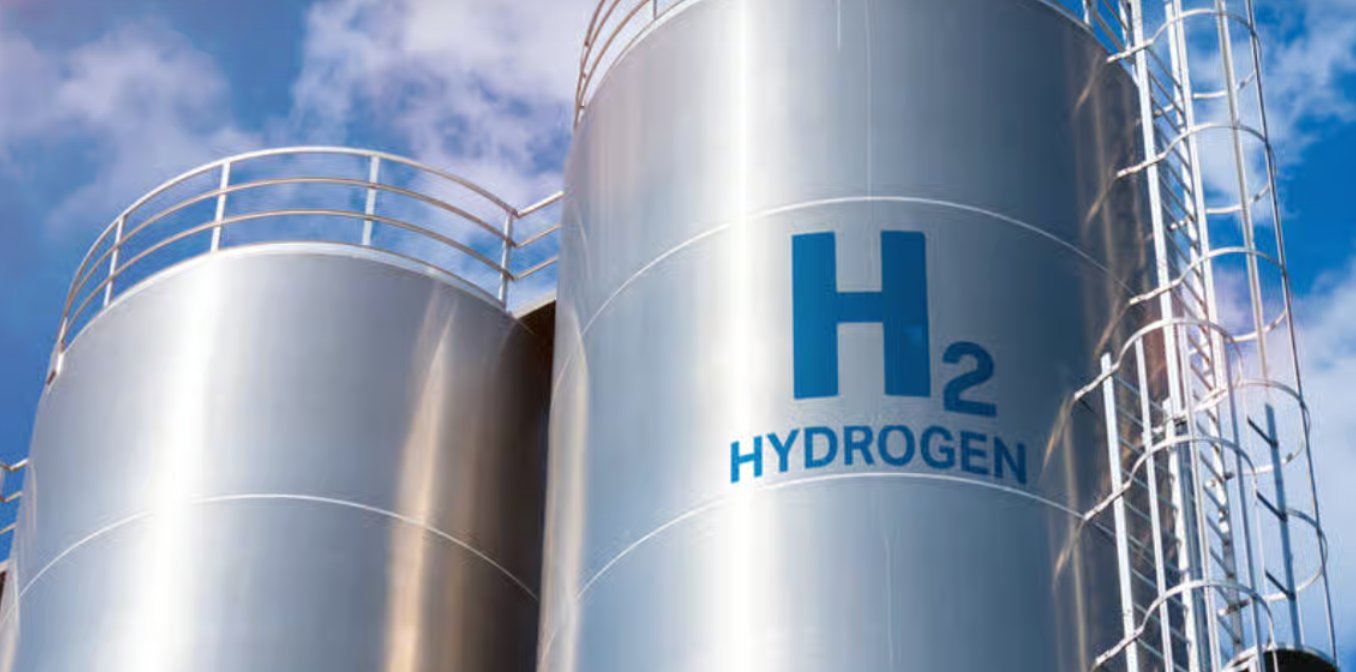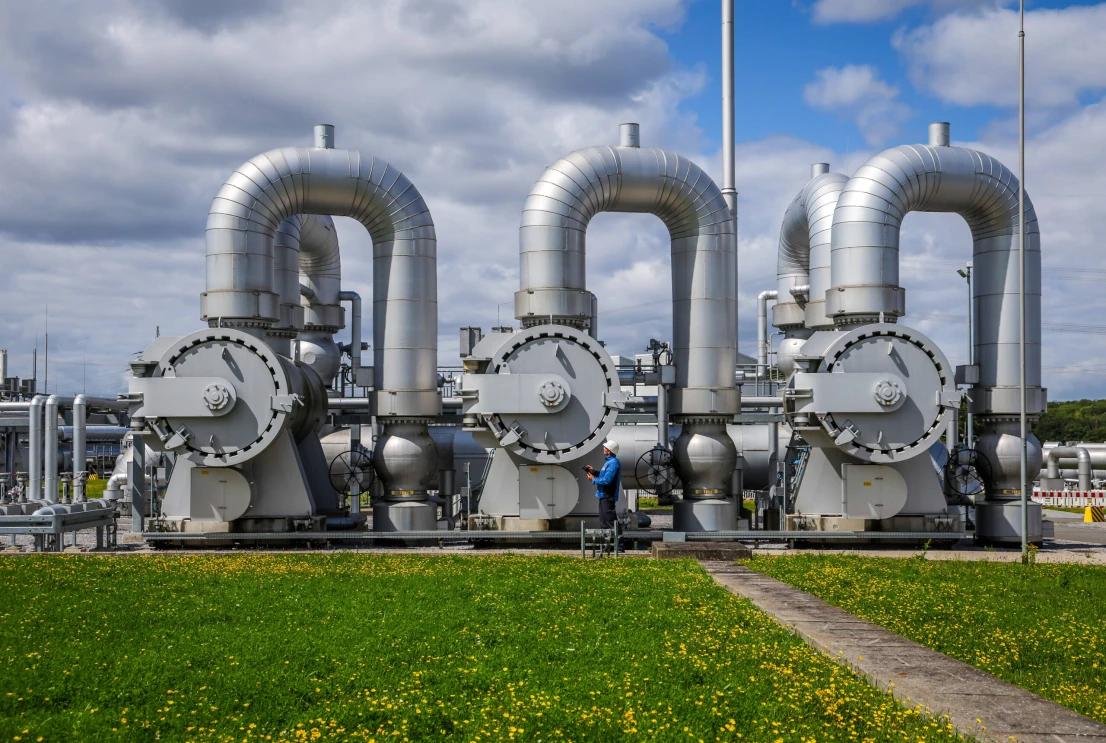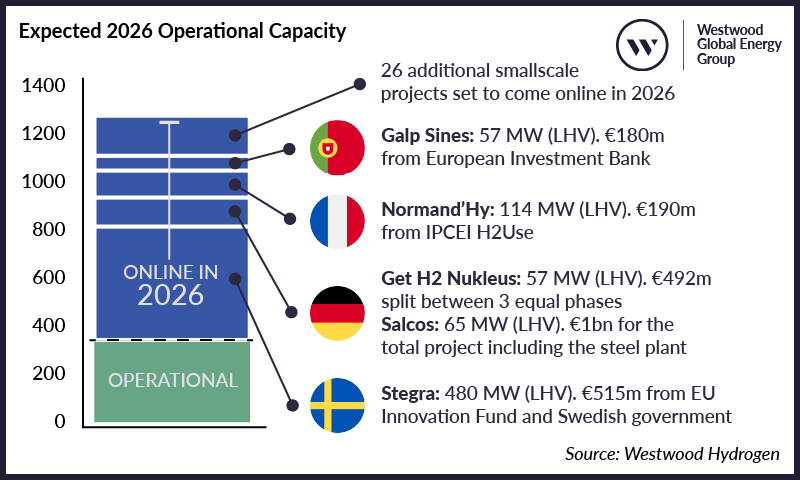
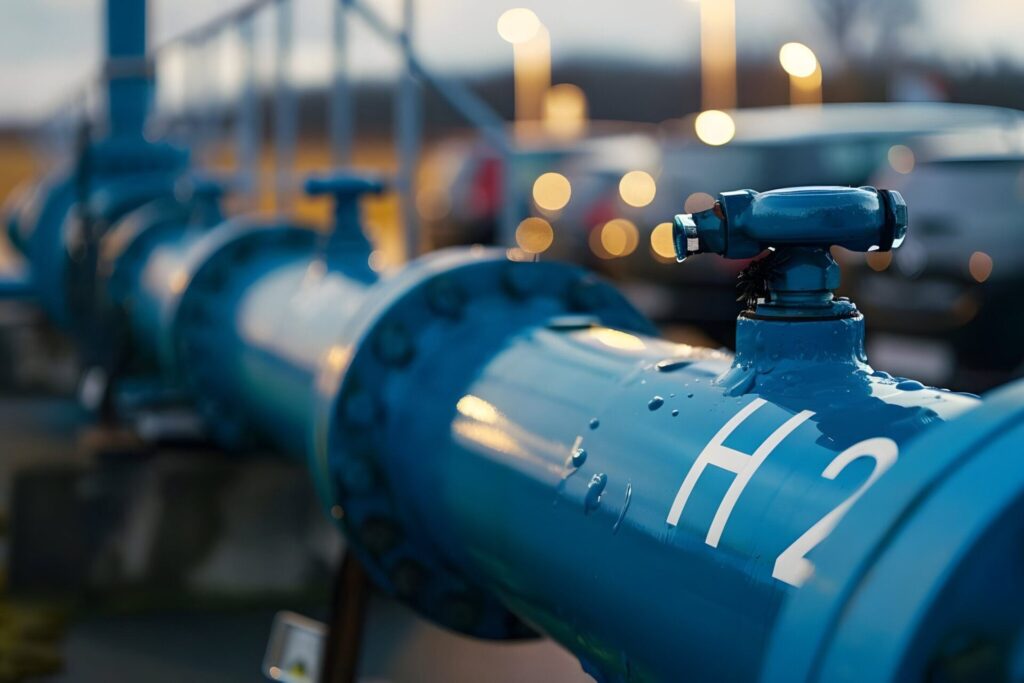
Germany’s new government has substantially reduced medium-term funds earmarked for development of a hydrogen economy and the decarbonisation of industry.
In its first budget, the government has allocated €1.28bn ($1.46bn) in the 2026-32 period for measures aimed at realising the country’s national hydrogen strategy, according to a document for the climate and transformation fund (KTF) seen by Argus. Its predecessor had set aside €3.75bn.
Funds for use this year are unchanged at €490.6mn, with the bulk to go to initiatives designated as Important Projects of Common European Interest (IPCEI). These include renewable hydrogen production projects and infrastructure initiatives.
Germany’s national hydrogen strategy, from 2023, targets 10GW of installed electrolyser capacity by 2030. But key measures outlined in the strategy, such as planned support for ‘system-serving’ electrolysers and offshore electrolysis, have not been launched and are years behind schedule. The budget document says these programmes are to be launched this year, but does not specify future funding allocations for them.
Just over 1GW of electrolysis capacity in Germany has reached a final investment decision. Industry body Hydrogen Europe in 2024 estimated that Germany would not even reach half of the 10GW target by 2030, even in an optimistic scenario.
On the demand side, the government trimmed this year’s funds for hydrogen use in industry to €718mn from €1.17bn. The funds primarily cover steel and chemicals production plans selected under the IPCEI framework.
But these funds appear to be shifted back to future years rather than being scrapped entirely, and some additional money is available for the remainder of this decade. The government has earmarked €1.34bn for 2026-30, up from €529.8mn previously.
But the coalition partners have sharply cut future funds planned for industrial decarbonisation more broadly — to €1.84bn in 2026-46 from €24.6bn. This segment includes measures such as the carbon-contracts-for-difference (CCfDs) that are intended to subsidise the switch to cleaner fuels or feedstock, including hydrogen.
The government of conservative CDU/CSU and social-democrat SPD took over from a coalition between SPD, liberal FDP and the Green party in May.
German industry and water association BDEW said the draft budget sends “a completely wrong signal” on the hydrogen ramp-up, noting that medium-term funds have been reduced by one-third and industrial decarbonisation initiatives face even larger cuts.
The ambitions for a transformation do not match the reality of framework conditions and the reduced funding for hydrogen projects will damage industrial competitiveness, BDEW said. The cuts are detrimental to planning and investment security for project developers, it said.
The Green party criticised the government for moving natural gas-related measures — such as the gas storage levy — into the KTF, which was established in 2010 to support climate protection goals.
Source: Stefan Krumpelmann, Argus Media

